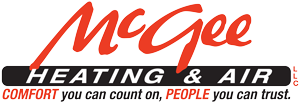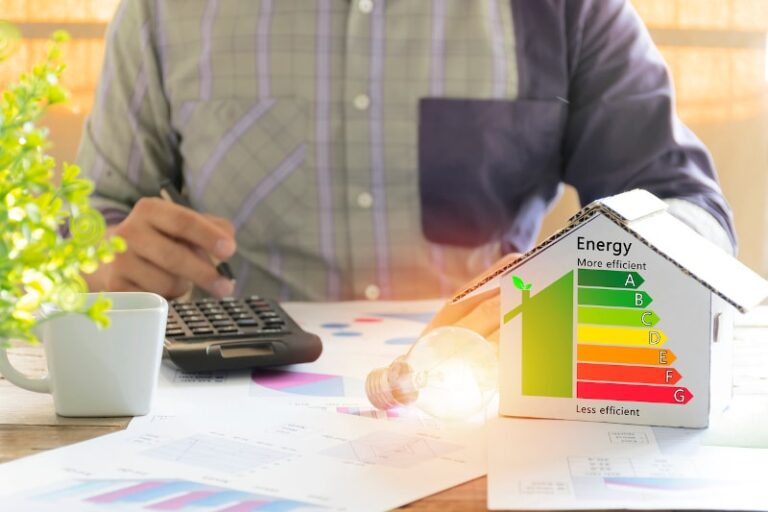Hot and humid summer weather has arrived in Hartwell, GA. You might worry that your air conditioner will run nonstop and your electric bills will be astronomical. But if you keep these six simple HVAC efficiency tips in mind, you can minimize your utility bills while maximizing your indoor comfort:
Keep Heat Away From the Thermostat
Your thermostat checks the temperature of the surrounding air to determine whether to trigger the air conditioner on. If you have a warm item near the thermostat, you may be tricking it into thinking the air in your home is hotter.
Some items that can throw off a thermostat include lamps, televisions and other electronics. You don’t need to turn these items off. Just move them farther away from the thermostat so your HVAC system won’t have to work as hard to keep your home cool.
Change Your Filter
While it’s best to change your air conditioner’s filter regularly throughout the year, it’s especially important right before the summer months. A clogged air filter can make it harder for fresh air to come into your home. Aim to change yours every month during peak cooling season.
Give Your AC System a Tuneup
One of the best ways to maximize the efficiency of your AC system is to have a professional check for any potential problems, ideally before the summer heat arrives. Our trained HVAC professionals can inspect and tune up your air conditioner every spring.
If you prefer, you can enter into a preventive maintenance agreement with us. These agreements save you money on maintenance costs and reduce the risk of your HVAC system breaking down when you need it most.
Use Fans
Fans can’t take the place of your air conditioner, but they can make it more effective. Try placing a fan near a vent to help propel the colder air through your home without requiring you to turn the AC system lower. This may sound like an overly simple solution, but it’s a great way to get more out of your air conditioner without paying more.
Don’t Obstruct Vents
Some homeowners believe that closing certain vents to direct colder air to only a few rooms will increase cooling efficiency. But the opposite is true because over time, this stresses your system and makes it less efficient. Closing a couple of vents in rooms you aren’t using shouldn’t cause an issue, but closing several may lead to problems down the line.
And just as you shouldn’t close too many vents, it’s also wise to make sure nothing is obstructing them. For instance, if you have a dresser or other large piece of furniture blocking a vent, the incoming cooler air will have a hard time moving through your home.
Address Indoor Humidity
Even if your indoor temperature is reasonable, high humidity can still make you feel very uncomfortable. Just as outdoor humidity can make a relatively hot day feel even hotter, high indoor humidity gets in the way of proper cooling.
According to the Environmental Protection Agency, the ideal indoor humidity is 30% to 50%. If your home’s humidity is higher than 50%, you may want to invest in a dehumidifier.
While the dehumidifier costs money to purchase, it also saves you money, as your cooling system won’t need to work as hard to keep your home at a comfortable temperature. Plus, as humidity lowers, your home will have less risk of pathogens and allergens.
With a little planning, you can noticeably reduce your electric bill this summer. Whether you want to schedule maintenance for your central air conditioner or need a tuneup before your heat pump switches to cooling, call McGee Heating & Air Inc. for service you can count on from people you can trust.
Image provided by iStock

